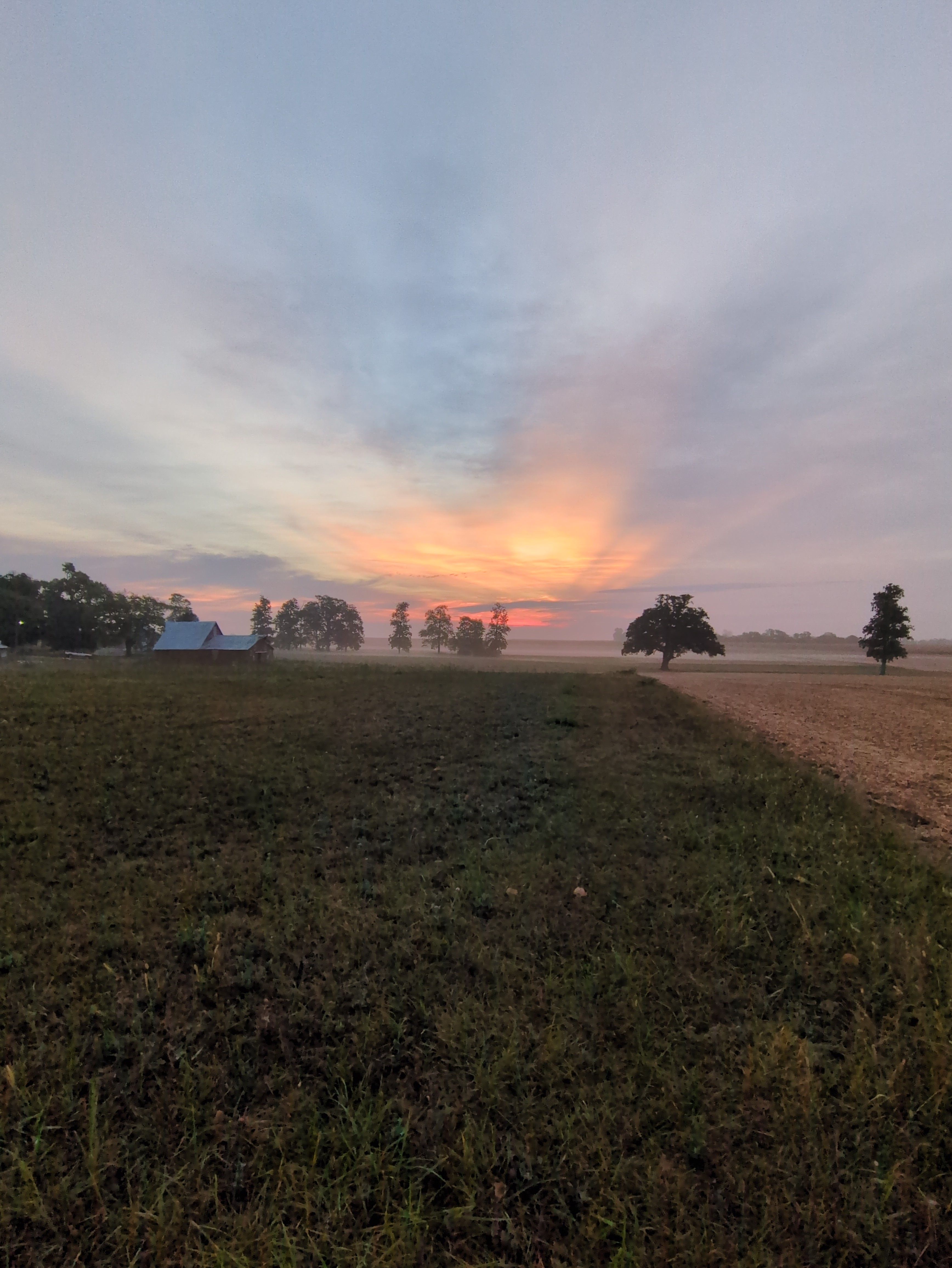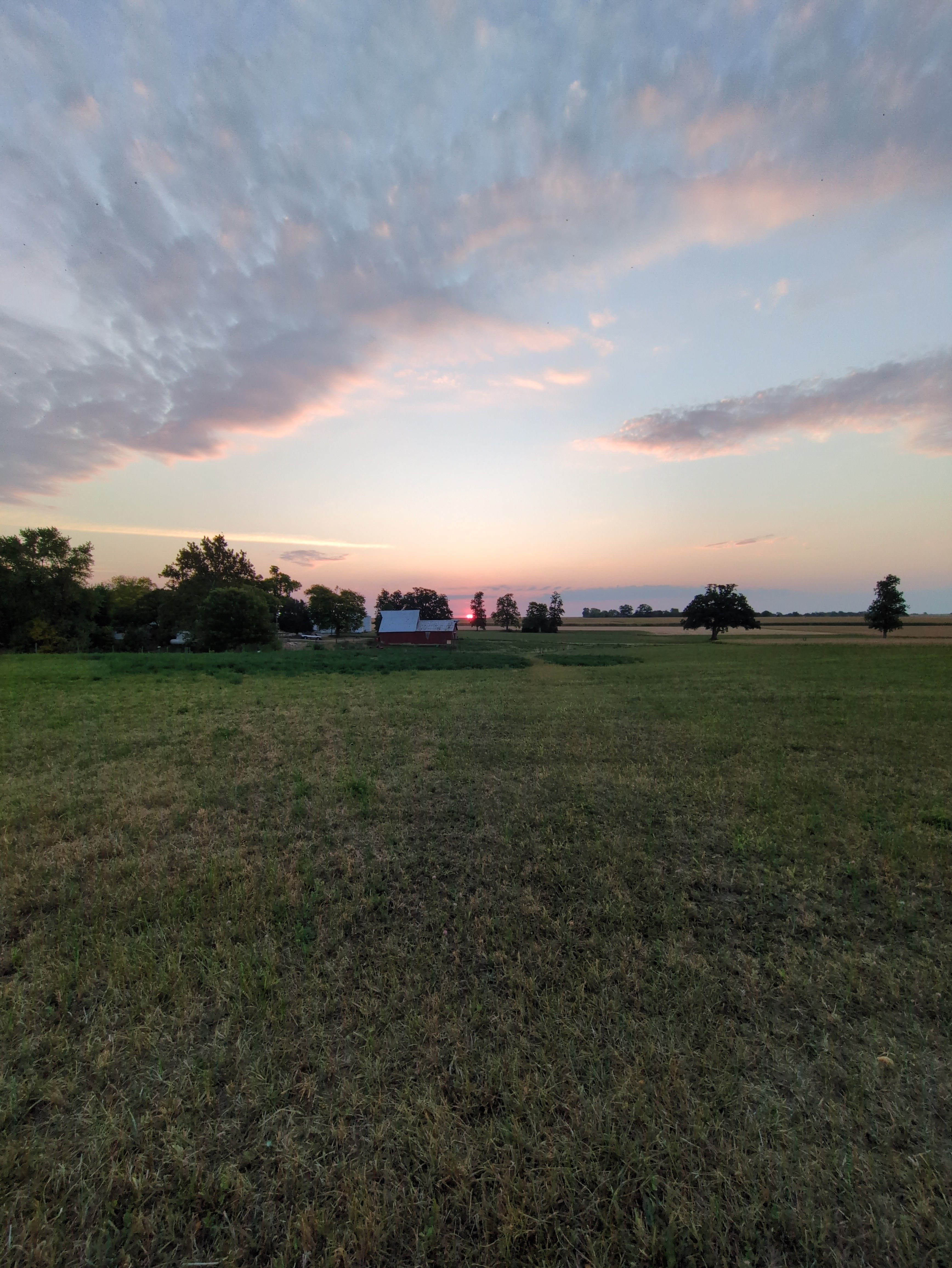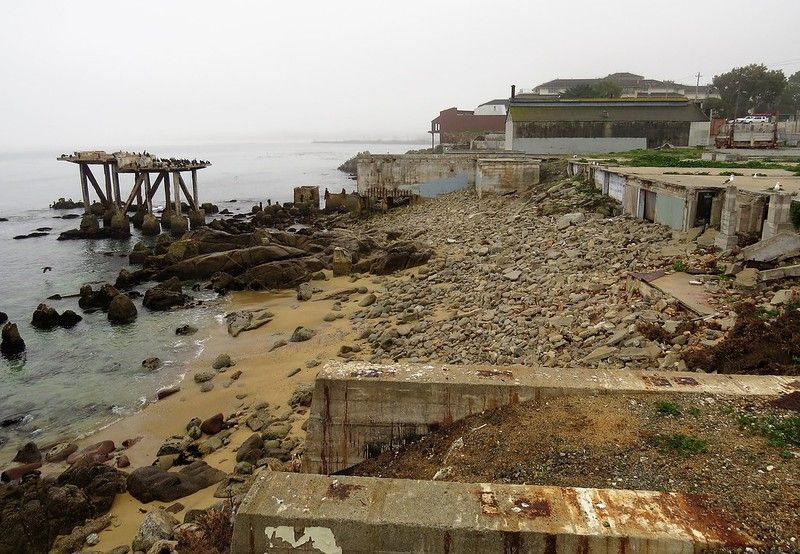
'Cannery Row in Monterey in California is a poem, a stink, a grating noise, a quality of light, a tone, a habit, a nostalgia, a dream. Cannery Row is the gathered and scattered, tin and iron and rust and splintered wood, chipped pavement and weedy lots and junk heaps, sardine canneries of corrugated iron, honky tonks, restaurants and whore houses, and little crowded groceries, and laboratories and flophouses. Its inhabitants are, as the man once said, "whores, pimps, gamblers, and sons of bitches," by which he meant Everybody. Had the man looked through another peephole he might have said, "Saints and angels and martyrs and holy men," and he would have meant the same thing.'
John Steinbeck, Cannery Row
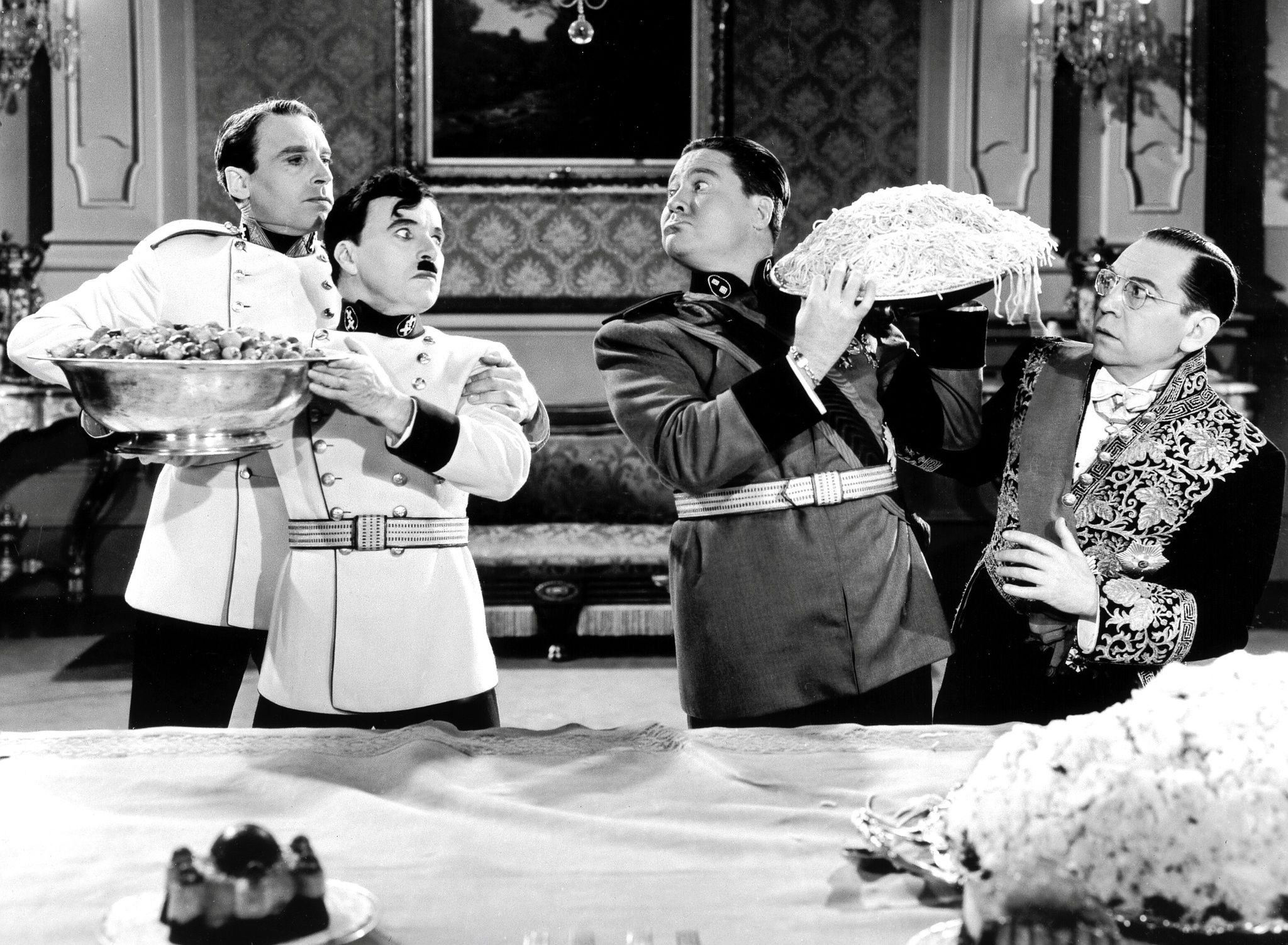
By ten-forty-five it was all over. The town was occupied, the defenders defeated, and the war finished.
John Steinbeck, The Moon is Down
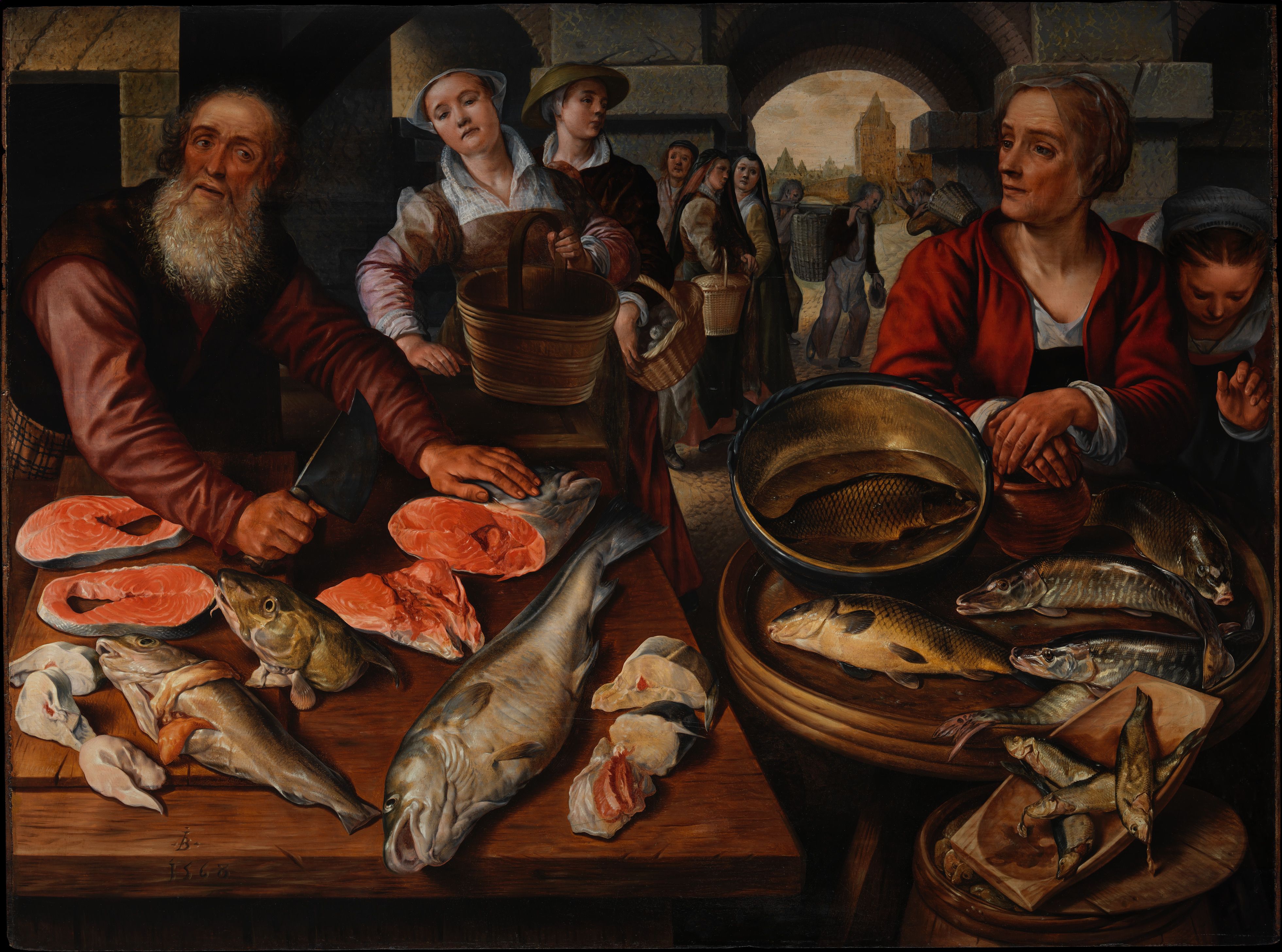
'"Checker on seven!" and back between the checkstands unloading the wire carts, apples three for eighty-nine, pineapple chunks on special, half gallon of two percent, seventy-five, four, and one is five, thank you, from ten to six six days a week; and he was good at it.'
Ursula Le Guin, The Beginning Place
